Vitamin A- Vitamers and Biochemical Functions
The fat-soluble vitamin A is found in animal-based foods, but its precursor, carotene, is found in plants.
History of Vitamin A
Vitamin A is found only in foods of animal origin, but its provitamins carotenes are found in plants. Its history dates back to Hippocrates, who cured night blindness by prescribing beef liver (in honey) to his patients. Today, we know that beef liver contains a large amount of vitamin A.
Vitamers Of Vitamin A
The term retinoids are often used to include the natural and synthetic forms of vitamin A. Retinol, retinal, and retinoic acid are regarded as vitamers of vitamin A.
1. Retinol (vitamin A alcohol)
2. Retinal (vitamin A aldehyde)
3. Retinoic acid (vitamin A acid)
4. E-Carotene (provitamin A)
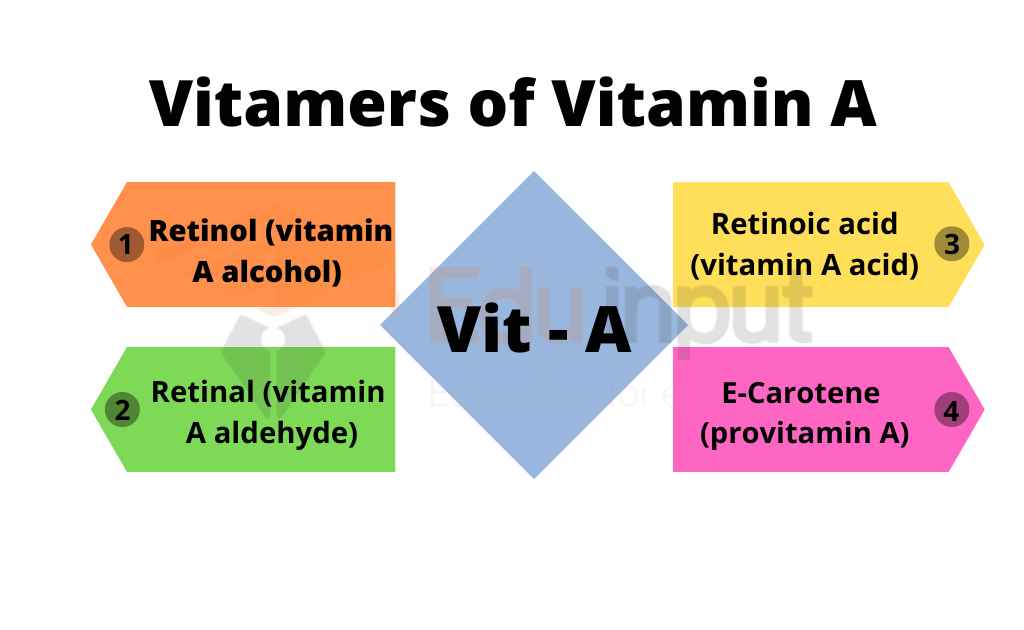
Sources Of Vitamin A
Here are some sources rich in Vitamin A;
- Leafy green Tomatoes
- Red bell pepper
- Cantaloupe, mango
- Beef liver
- Fish oils
- Milk
- Eggs
Biochemical Functions Of Vitamin A
Vitamin A is necessary for a variety of functions such as:
- Vision,
- Proper growth
- Differentiation
- Reproduction
- Maintenance of epithelial cells
In recent years, each form of vitamin A has been assigned specific functions.
Functions of Vitamin A
Retinol and Retinoic Acid function almost like Steroid hormones. They regulate Protein synthesis and thus involved in cell growth and differentiation.
2. Vitamin A is essential to maintain healthy epithelial tissue. This is because retinol and retinoic acid are required to prevent keratin synthesis (responsible for horny surface).
3. Retinyl phosphate synthesized from Retinol is necessary for the synthesis of certain Glycoproteins, and Mucopolysaccharides which are required for growth and mucus secretion.
4. Retinol is necessary for normal reproduction. It acts like a hormone and regulates gene expression.
5. Vitamin A is considered to be essential for the maintenance of the proper Immune System to fight against various infections.
6. Cholesterol synthesis requires vitamin A. Mevalonate, an intermediate in cholesterol biosynthesis, is diverted for the synthesis of coenzyme Q in vitamin A deficiency. It is pertinent to note that the discovery of coenzyme Q was originally made in vitamin A deficient animals.
7. Carotenoids (most important E-Carotene) function as antioxidants and reduce the risk of cancers initiated by free radicals and strong oxidants. E-Carotene is found to be beneficial to prevent heart attacks. This is also attributed to the antioxidant property.
Vitamin A Deficiency
The vitamin A deficiency may be due to
- Inadequate Dietary Intake
- Impaired Intestinal Absorption
- Reduced Storage In The Liver And
- Chronic Alcoholism
Vitamin A Deficiency Symptoms
Symptoms are not immediate, since the Hepatic stores can meet the body’s requirements for quite some time Vitamin A deficiency can result in several problems, particularly with one’s eyesight, skin, and growth. Deficiencies of this vitamin have been linked with night blindness, or the inability to see clearly in dim lighting. This is often one of the first signs that a person is not getting enough Vitamin A.
Severe deficiency of vitamin A leads to Xerophthalmia. This results in the destruction of the cornea, a condition referred to as Keratomalacia, causing total blindness. Therefore, adequate intake of vitamin A is necessary for the prevention of blindness.

 written by
written by 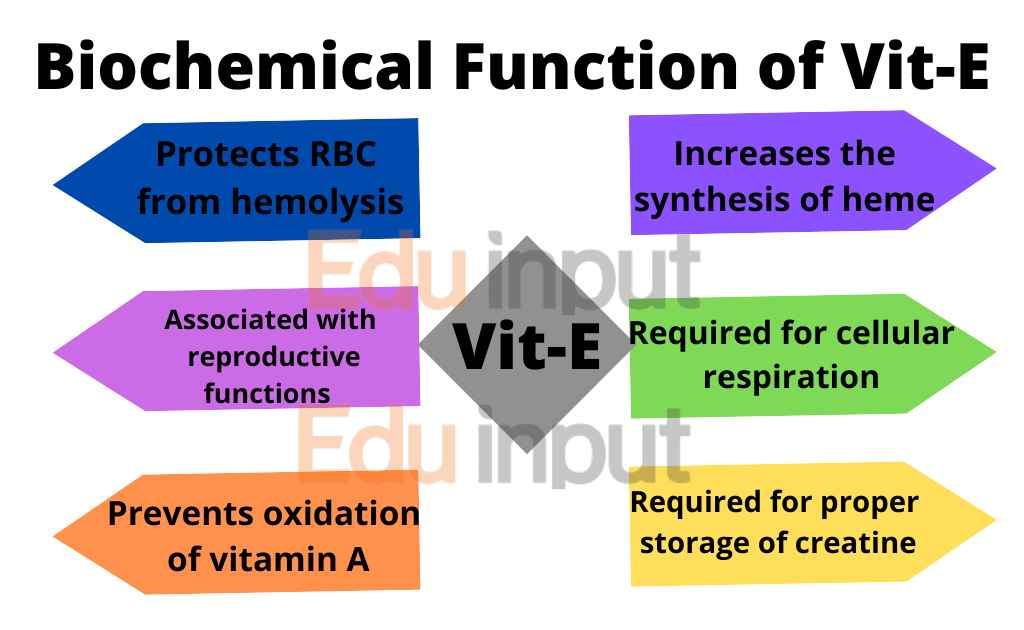
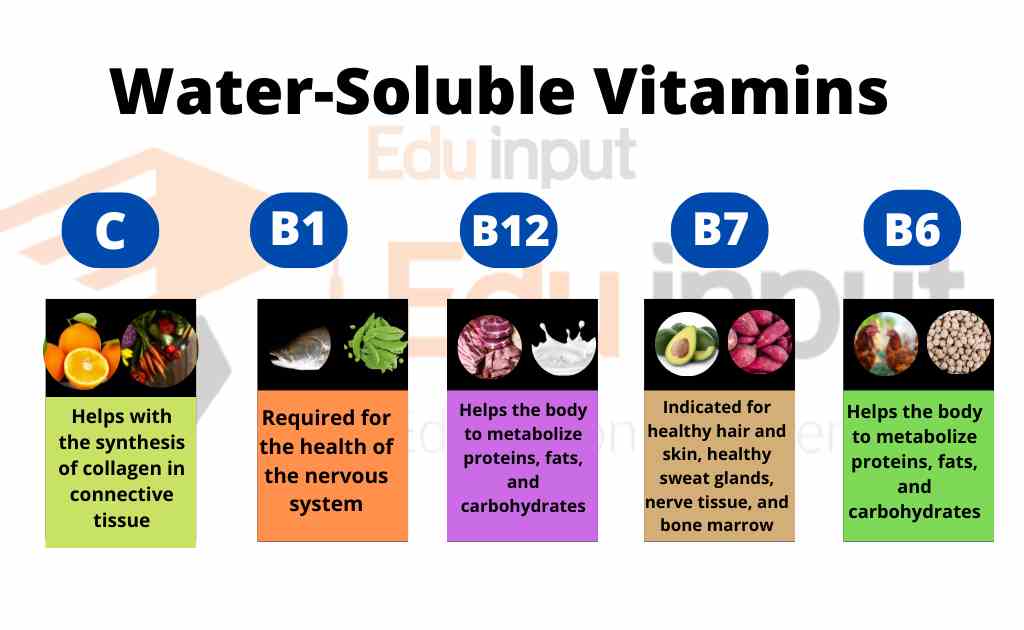
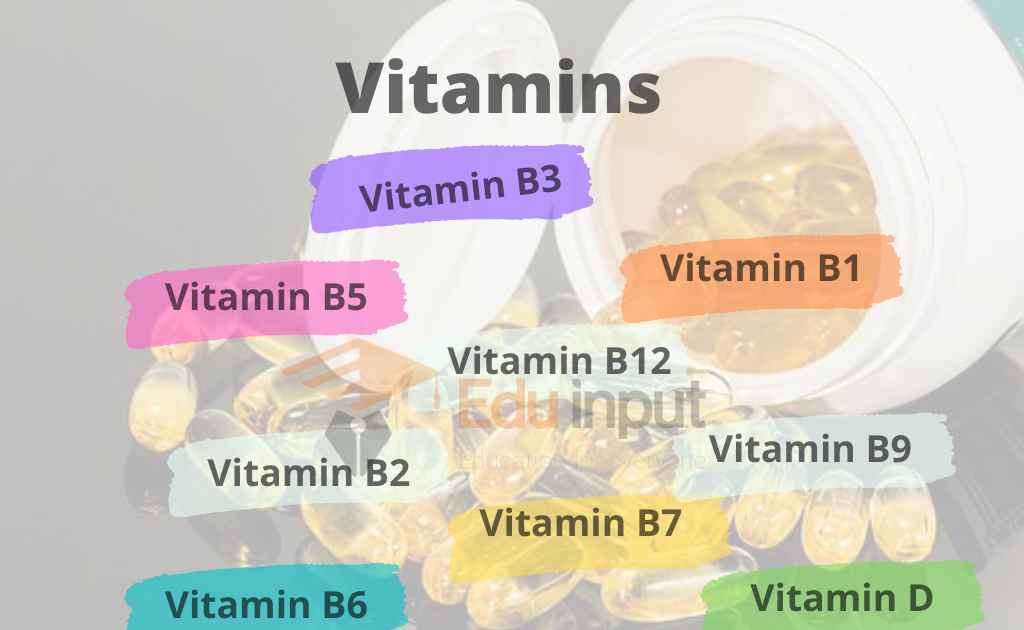
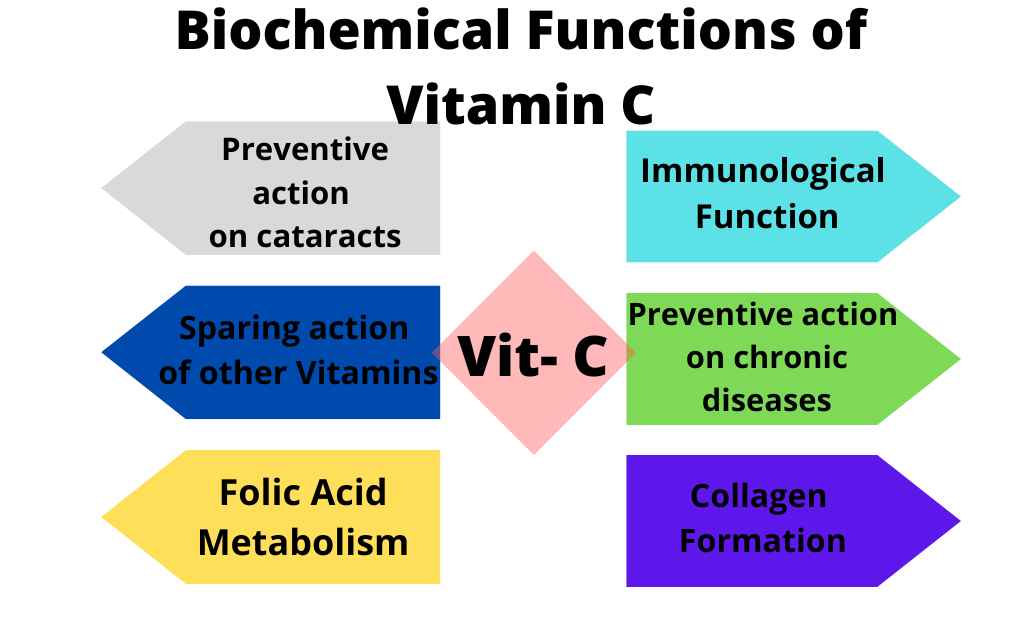


Leave a Reply